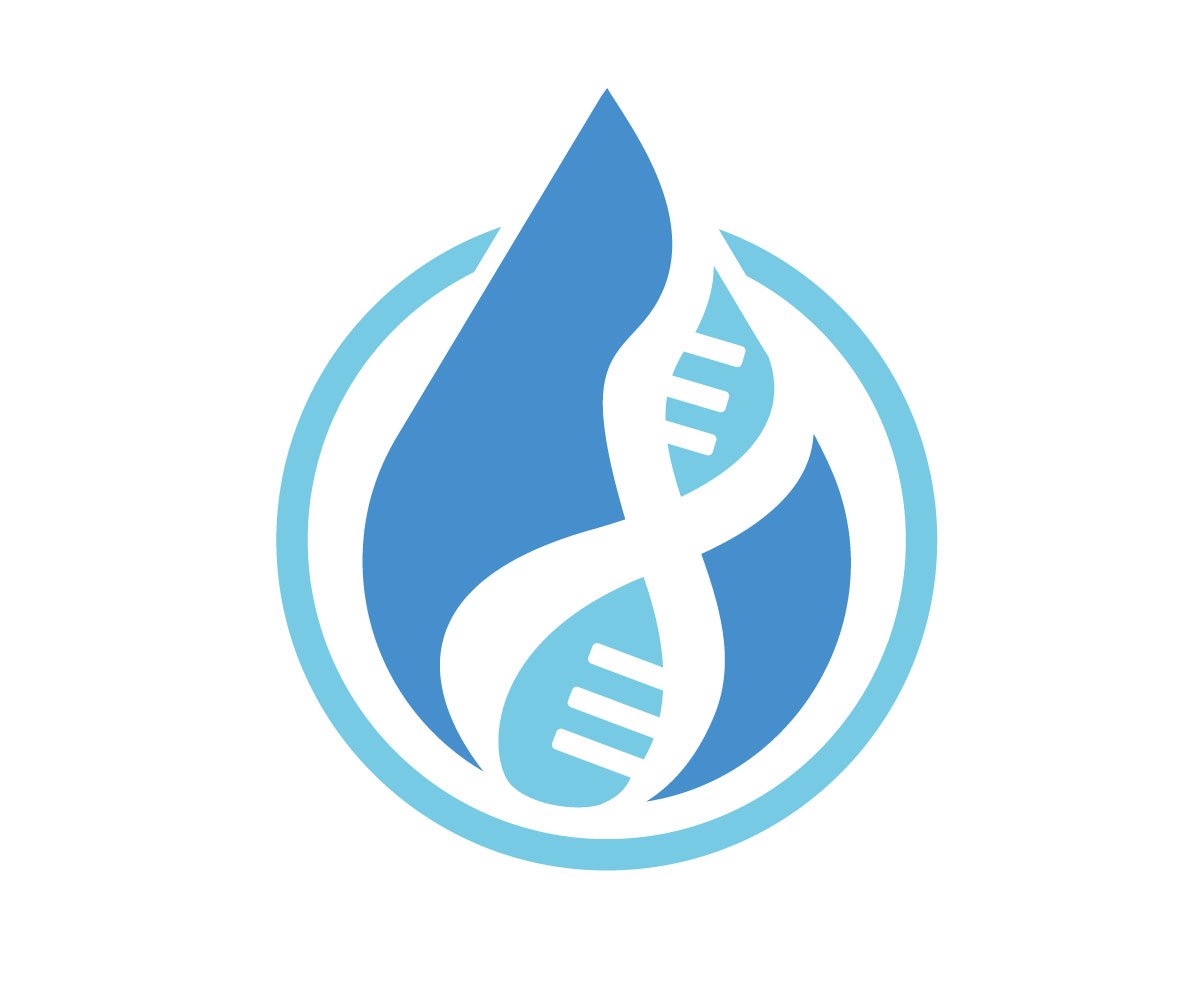No, the COVID Vaccine Will Not Change Your DNA.
It has been too long since we had a health-related post on the Watershed DNA blog. Today we return to our roots to discuss something medical and genetics: COVID-19 and vaccines!
There are rumors floating around about the vaccine being distributed to protect against the coronavirus strains responsible for COVID-19. One big rumor is:
THE VACCINE WILL CHANGE YOUR DNA!
Is this true? Will the vaccine against COVID-19 change the DNA of people who get it?
No, no it won’t. That’s Myth #1. For two simple reasons:
The genetic material in the vaccine is mRNA, not DNA.
The mRNA does not enter the nucleus of our cells.
So, why does this rumor even exist, then?
Because some viruses behave differently. The viruses that cause HIV and HPV, for example, can change a person’s DNA in certain cells, leading to things like cell death or cancer.
In the case of coronaviruses (and SARS-CoV-2 in particular), scientific information kinda-sorta true about one thing has been improperly hijacked, spun around, and woven into misinformation. For help understanding DNA, mRNA, and genetics, make sure you get your information from people like cancer researchers and genetic counselors. You can also read a brief explanation about how vaccines work from sites like this.
Let’s bust a few more myths while we’re at it!
Myth #2: If you have Neanderthal DNA, you’re at higher risk of COVID-19.
Nope, not true either. (Although a paper got published claiming this anyway.)
Like the ABO blood type/COVID-19 association study results that floated around in 2020 (Myth #3), a SNP identified in a region of DNA connected to Neanderthal ancestry in some humans was hyped. This Medium article is a good overview for those who want to understand more, about both the ABO and Neanderthal claims.
You should not feel better or safer for having type O blood, and neither should you feel fated to develop COVID if your blood type is A. Turns out genetics is way more complicated than that.
A common issue in genetics research is the simplification and misinterpretation of genetic associations—that is, taking results from an association study and presenting them as irrefutable facts about DNA that matter at a personal/individual level.
An association study is a type of necessary research that provides preliminary information—about connections that might or might not exist between two seemingly-independent things. A specific type of study called GWAS, for example, can tell us which parts of the genome we might need to spend a little more time focusing our time and attention. Associations do not prove a causative link between those things, and the results presented from the preliminary data of a GWAS or other type of association study is often contradicted later, after additional research using other types of studies.
Repeat after me! Association does not equal causation.
Association studies are needed. They are useful at a grand scale (think, thousands to millions of people in a population). Their results do not mean much when taken one individual person at a time.
What we know about COVID and genetics at this time is that no gene makes people immune. Findings come out one study at a time, and you can find them through sites like this one, run by the COVID-19 Host Genetics Initiative.
What can you do?
Whether you have type A blood or not, and are part-Neanderthal or not, the best way to stay safe and be a part of the worldwide fight against the SARS-coV-2 coronavirus are to:
Wash your hands
Wear a mask
Social distance
Get the vaccine when your risk group gets to the front of the queue
You can also do your part by doing these two more things: Don’t jump to premature conclusions based on breaking news on COVID research, and try not to spread scientific misinformation. Want to read more about what to expect when you receive the COVID vaccine? This article on Medscape by Drs. Jan E. Patterson Rukevwe I. Ehwarieme fills in the blanks for other common questions.
You can also listen to a genetic counselor discuss COVID-19 on the Genetic Counselors & You podcast.
Want to read more content about DNA and medical topics? Check out past posts like this one on the Watershed DNA blog!
We also support those with unexpected DNA family discoveries at Watershed DNA. Sign up for a monthly newsletter. Don’t miss out on a chance to find out about available resources and support!

